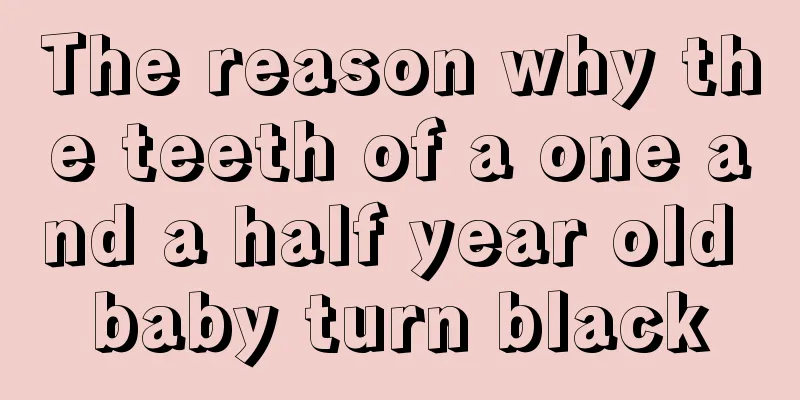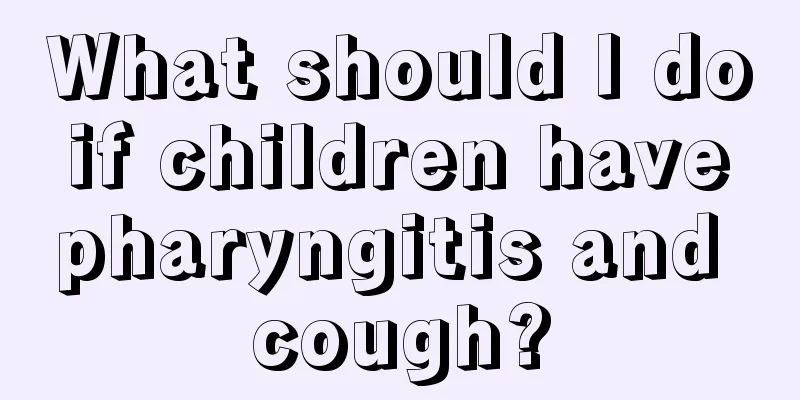Will myolysis heal on its own?

|
There is a disease that you may not be familiar with, that is myolysis, which is a rapid damage to skeletal muscle that causes necrosis of muscle cells, allowing protein to flow out of the blood and urine. But will myolysis heal on its own? This disease will not heal on its own, but requires timely treatment. If not treated in time, it will make the condition more serious and cause organ failure. 1. Will myolysis heal on its own? Rhabdomyolysis is a medical emergency that refers to the rapid damage to our skeletal muscles (striated muscles). The muscle damage results in muscle cell necrosis and cell membrane destruction. Some muscle proteins and myosin will leak out, enter the blood and then appear in the urine. The presence of myosin in the urine is called myosinuria. Treatment with large amounts of fluid early in the disease can prevent worsening by rapidly clearing myoclonic acid from the kidneys. The amount of fluid required for skeletal muscle gangrene may be similar to that required for a patient with extensive burns. Several litres of fluid may be needed intravenously until the condition is stabilised. 2. The main cause of severe muscle damage There are more than 150 drugs that can cause severe muscle damage. More than 80% of rhabdomyolysis cases are caused by drugs, especially in drug abusers. Chronic drinkers should be cautious when using medications that can cause rhabdolysis. If it is really necessary, the patient's condition should be observed regularly and necessary examinations should be performed to facilitate early detection, early discontinuation of medication and early treatment to avoid acute renal failure. If the disease is mild, the patient will return to normal soon after stopping the medication in time, and no special treatment is needed. Also, eating crayfish that has been treated with shrimp powder may cause muscle dissolution, so you should be careful about that. 3. Signs of rhabdomyolysis Symptom 1: Pain after pressing the leg Generally, there will be some pain after exercise. After normal exercise, there will be mild muscle soreness, and there will be no pain when pressing the muscles. If you feel extreme pain when pressing your leg muscles after exercise, you must take it seriously. Symptom 2: Fatigue after exercise After a normal exercise and rest, people will feel refreshed, but if you exercise too much, you will feel weak and tired. Symptom 3: Urine color change Changes in urine color are a typical symptom of rhabdomyolysis. The normal color of urine is clear and slightly yellow. If the urine is the color of strong tea or soy sauce, it means that you have rhabdomyolysis. |
<<: Baby's stool is millet-like
>>: White spots on the child's thighs
Recommend
What should I do if my two-month-old baby has diarrhea?
Some newborn babies have health problems, so they...
Is childhood epilepsy hereditary?
Epilepsy is a very scary disease. It is a neurolo...
What are the recipes for strengthening the spleen and stomach for infants and young children?
The biggest headache for many families after havi...
If a child accidentally falls on the back of his head, parents must handle it properly!
Children are usually naughty. If parents do not p...
What are the dangers of hypothermia in babies?
A baby's hypothermia can be a great hindrance...
Common serious diseases in children
Compared with adults, children have relatively po...
Vitamin supplements for children
For children's physical health, the supplemen...
How to solve the problem of children coughing after waking up
How should we solve the problem of children cough...
What should I do if my 5-month-old child has diarrhea?
When the baby is five months old, he can basicall...
Reasons why babies shake their heads before falling asleep
Because of the incomplete development of their se...
How to teach children sex education
Sex is a difficult topic around us. The main reas...
What fruits are good for children to eat in winter
Children are the treasures of the family. Now it ...
What are the symptoms of baby's bloating?
It is very common for babies to have a bloated be...
Diet therapy for the prevention and treatment of cerebral palsy in children
Cerebral palsy in children is a disease caused by...
What kind of fruit is better for babies with colds?
Most babies don't want to eat after catching ...









